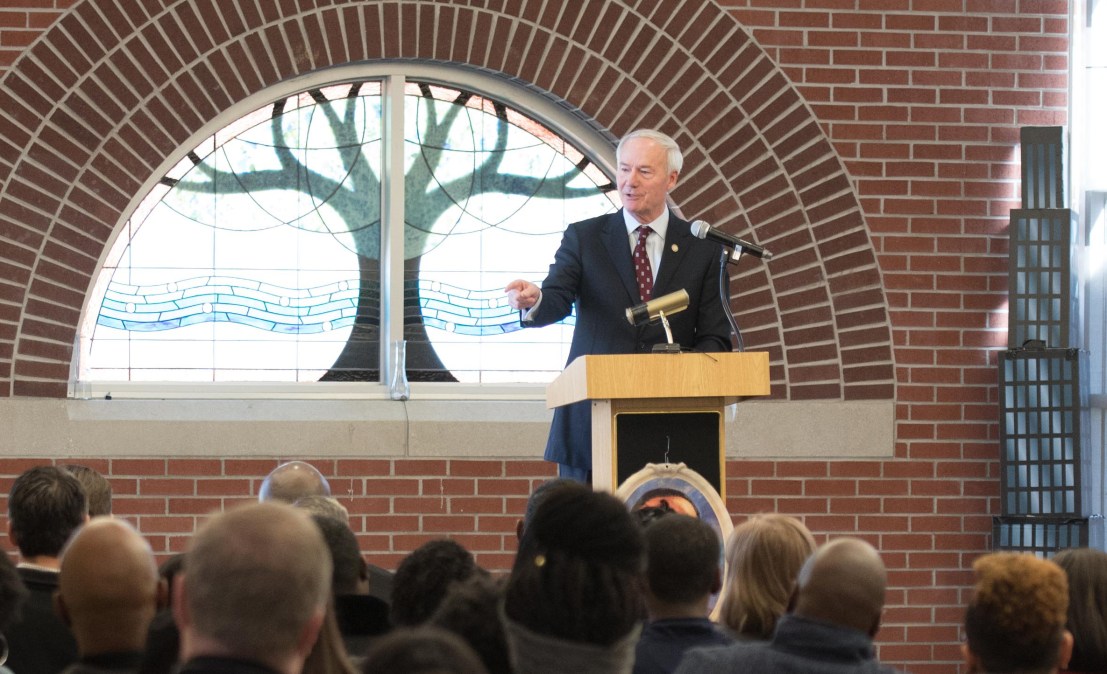Arkansas invests $25 million in rural broadband

Aspiring to escape its status as the worst-connected state in the nation, Arkansas on Tuesday announced a $25 million program designed to bring high-speed internet to its rural residents.
The program, called “Arkansas Rural Connect,” brings financial backing to Gov. Asa Hutchinson’s goal to deliver broadband internet to every rural community of at least 500 residents by 2022.
Though the program follows a similar template to programs launched by other states in recent months, it’s more ambitious given the depths of the state’s shortcomings in technology infrastructure. Only 75 percent of the state’s residents have access to a broadband connection today, placing it dead last in the nation.
“The long-term success of our economy will be determined by the resources our entrepreneurs have access to, and high-speed broadband is at the top of that list,” Hutchinson said in a press release.
Though Arkansas has enjoyed the steady economic growth and declining unemployment figures seen nationally since the 2008 recession, its economy has lagged. The personal finance website WalletHub last year rated its economy the sixth-worst of the 50 states and Washington D.C., placing it ahead only of West Virginia, Hawaii, Mississippi, Louisiana and Alaska.
Hutchinson, a Republican serving as governor since 2015, has over the past several years launched a series of programs intended to streamline operations inside state government and modernize public services. Ensuring everyone has broadband service has become the keystone project among these efforts.
Nathan Smith, Arkansas’ economic policy director who also leads the state’s new broadband office, compared broadband internet to electricity, telephone service, sewage and water in its essentiality to modern life.
He told StateScoop last month that his work will largely consist of connecting localities with state and federal grant funding. Prior to the passage of Act 198 earlier this year, localities had no mechanism for obtaining state broadband funding and were not permitted to compete with private internet service providers.
Municipally operated broadband service has become more common in recent years, despite a handful of states still maintaining prohibitions against it. According to a recent ranking, six of the country’s 10 best broadband service providers — for speed and quality of service — are operated by municipal governments.
Arkansas lawmakers have approved $5.7 million of the $25 million plan for this year’s budget, while the remainder must be appropriated next year.






